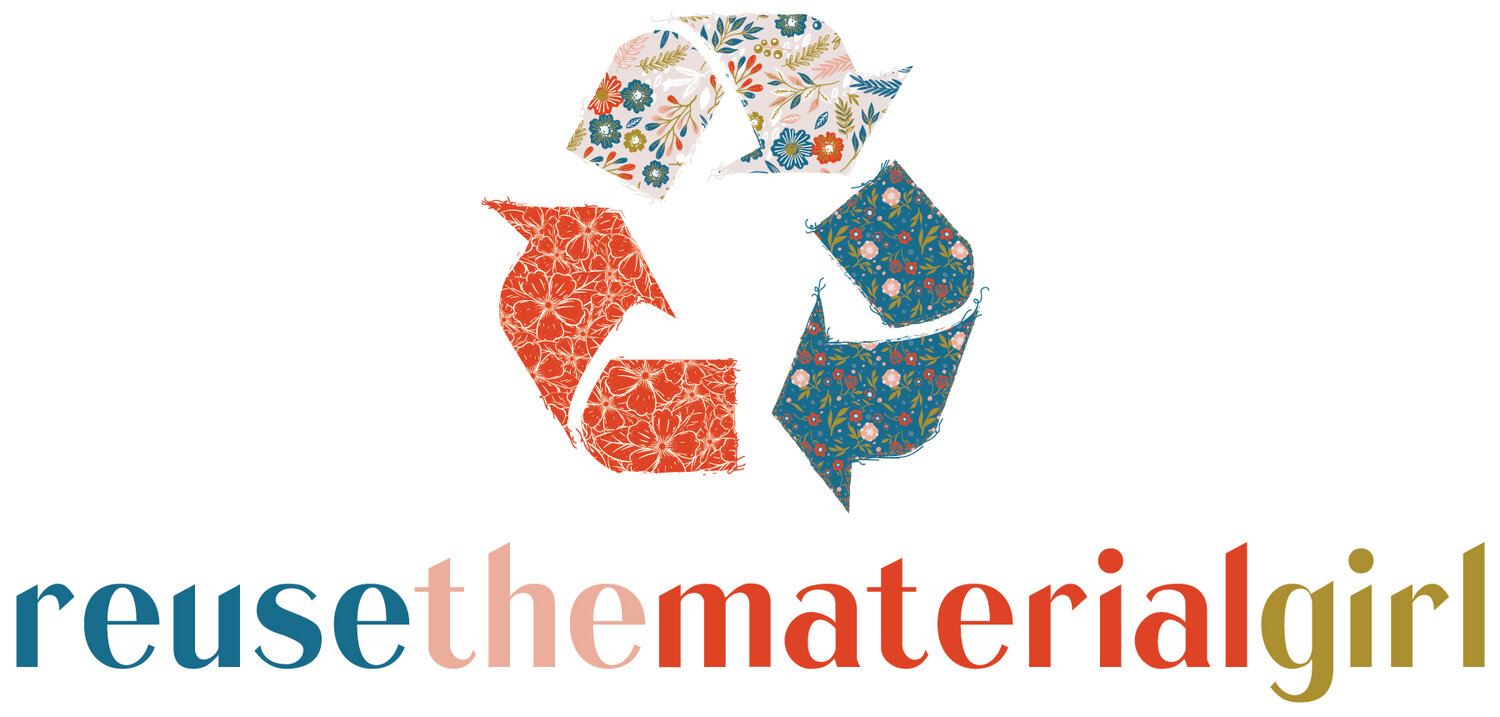Little Hands at Work
Today is May Day or International Workers Day, recognized in most countries around the world. The date coincides but is not to be confused with ancient May Day traditions of dancing and twirling ribbons around a pole, or sharing baskets filled with flowers— though those northern-hemisphere spring traditions conjure pleasant images.
Instead, the laborer version of this date commemorates working-class demands for an eight-hour work day and other actions taken by people— starting in the 19th Century— who worked much harder than most of us do today. We all benefit from the meeting of their demands, from improved justice for the working classes everywhere.
But some who labor still face terrible injustice: children. It is estimated that 170 million children around the world are in employment, defined by the UN as “work for which the child is either too young – work done below the required minimum age – or work which, because of its detrimental nature or conditions, is altogether considered unacceptable for children and is prohibited.”
While kids in the “western world” watch TV and trade Pokemon cards (except in Iowa), children in countries such as Bangladesh, Egypt, and Thailand work, many in hard labor. Why? Their lives are low on privilege and high on food and housing insecurity; lack of opportunity and education. What’s more, children are better able to do some jobs- whether due to their small size or the ease of being controlled in the workplace. It’s a disastrous combination, resulting in the exploitation of millions of children around the world. They are robbed of childhood, at best (though “best” does not belong in this sentence) and severely harmed in myriad ways, at worst.
Children are highly employed in the industries of textile and fashion manufacture. Fast Fashion is to blame. In order to feed an insatiable desire for new clothes, and bring multiple “seasons” of clothing to market within an actual calendar season, stuff has to be made on the cheap. And fast- as the name belies. This leads to much outsourcing of labor, making it harder to trace origin of items that are sold in our stores, sometimes for only a few weeks before turning over for a whole new “look.”
I recently learned that the term Fast Fashion has only been in use- meaning that the industry has been visible and existent- since the 1990’s. I am reminded of a mom I knew back then, an acquaintance with many children. Rather than launder and match and fold the socks her children wore, she simply threw them away and bought new. It was a trick she learned from another mom. If two moms were doing it, my guess is many others— with disposable income to buy disposable socks— were doing it, too. Were children half a world away making these socks? It’s at least possible.
I don’t know about you, but my socks get worn out before I toss them. I do have a darning egg- a recent gift from a friend- so happily, now I throw away fewer. Also, instead of throw away clothes, I send away for a bag where I put all my family’s completely worn out clothing- any household fabric item, actually, including fabric scraps- then put in the mail. It goes back to the company who makes sure the items are properly reused, up cycled, or disposed of. A well-spent twenty bucks for peace of mind.
This May Day, I am pondering and acting to help reduce the fashion pipeline, to demand that the fashion industry do better, and to help make so that children are not exploited for my selfish fashion wants. I’ve got a lot more self-educating to do, and changes to effect, but I’m making a start. And I’ll continue in the run-up to World Day Against Child Labor, on June 12.
It’s easy to feel overwhelmed by problems in the world I feel I have no control over. Then again, it’s not that hard to figure out what small part I can play in making change, and simply play it.
